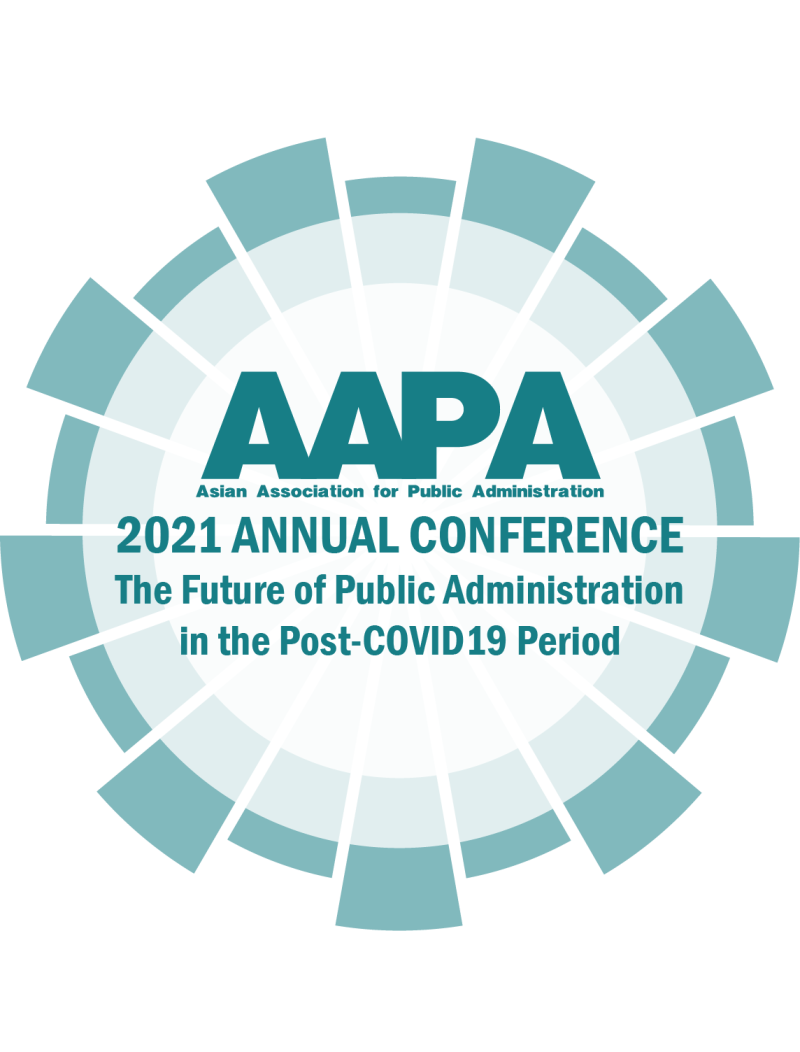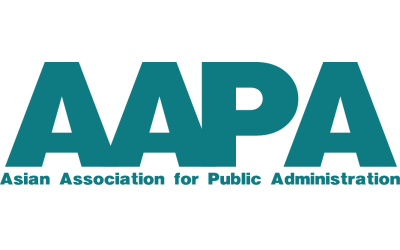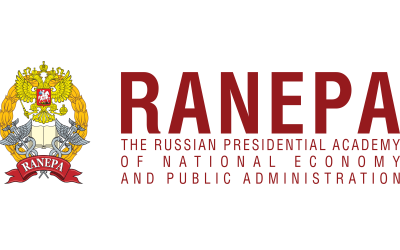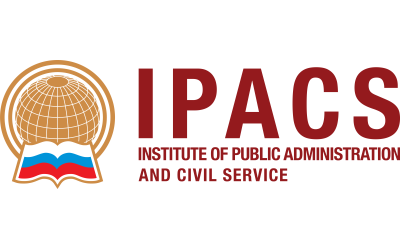The 2021 Annual Conference of the Asian Association for Public Administration (AAPA)
October 7–8, Russia, Moscow, RANEPA

The 2021 AAPA Annual Conference will be jointly hosted by the Asian Association for Public Administration (AAPA) and the Institute of Public Administration and Civil Service (IPACS) of the Russian Presidential Academy of National Economy and Public Administration (RANEPA) on the 7–8 October 2021, Russia, Moscow, RANEPA
Depending on the epidemiological situation in the country the conference may be held either in fully online mode or in hybrid format (the on-site presence of a limited number of participants and the rest in distant mode)
The programme of the conference will include a special panel formed by the past and present AAPA Presidents.
The Asian Association for Public Administration (AAPA)
was established in 2010 with the aim to expand and improve research and academic exchange on public administration and public policy in the Asian region. AAPA is now a well-respected regional expert organization with a wide influence.
The 1st inaugural conference of AAPA was held in Tokyo in 2010, after which AAPA Annual Conferences were held as follows: the 2nd in Jakarta in 2011; the 3rd in Hong Kong SAR of China in 2012; the 4th in Seoul in 2013; the 5th in Cebu, the Philippines; the 6th in Xi’an, China on January 9–10, 2015; the 7th in Chonburi Province, Thailand on February 19–20, 2016, the 8th in Astana, Kazakhstan on April 13–14, 2017, the 9th in Jogyakarta, Indonesia on March 22–23, 2018, the 10th in Manila, the Philippines on May 22–24, 2019, and the 11th in Shanghai, China on September 24–25.
The Russian Presidential Academy of National Economy and Public Administration (RANEPA)
is the largest educational institution in Russia, represented by 52 branches in eight federal districts of the Russian Federation (47 regions). More than 180,000 people are being trained at RANEPA across Russia. Over one-third of the MBA (Master of Business Administration) students in the Russian Federation are students of the Academy. RANEPA has broad international contacts with leading foreign universities: it sends Russian students abroad, implements joint programs with leading international universities. RANEPA is the ideologist and project developer of the continuous education system in Russia. We have developed a concept for the modern system of continuous education for civil servants, to help modernize the system of advanced training and retraining of civil servants in the Russian Federation.
Institute Of Public Administration And Civil Service (IPACS)
the largest and fastest growing Institute of the Academy under the Russian President, providing an optimum combination of administrative, legal, economic and general humanitarian training of students, it is implementing higher professional education program, additional professional education programs, training of the teaching staff, research, international, information and advisory activities.
IPACS trains professional management personnel of a new generation which is equally in demand both in government and in business structures.
The Future of Public Administration in PostCOVID-19 Period: Addressing Unprecedented Challenges and Seizing New Opportunities
The COVID-19 pandemic has plunged the whole world into a socio-economic and financial crisis of an unprecedented scale. The policy decisions taken now will shape the fate of millions and define the future of nations. Strong public institutions, effective decision-making and innovative solutions are critical for building and maintaining the capacity of national governments to combat the COVID-19 pandemic, mitigate its implications and achieve the Sustainable Development Goals (SDG).
The conference focuses on the issues of crisis management, best practices on how to transform governance and develop capacities of public institutions and regional/local administrations to address pandemic related challenges. Academicians, experts and practitioners are welcome to present and debate accumulated experience, emerging issues, trends and challenges, as well as good practices, strategies and innovative approaches that have proven their efficacy since the start of pandemic. The organizers of the conference inspire the participants to develop and reflect solutions and pathways to achieving the SDGs under new circumstances.
The authors of conference submissions are invited to focus on one of the following sub-themes.
Conference Sub-Themes
The role of state in crisis management
- Drivers and enablers of government effective performance in critical situations
- Crisis leadership and emergency management: proven policy responses and innovative approaches
- Addressing COVID-19 related threats at national, regional and municipal levels: strategies, lessons and best practices
- Overstrained public healthcare systems during pandemic: prospective recipes for effective maintenance and performance
- International and regional cooperation in coping with the crisis
Local administration and municipal governance in the times of emergency
- Engaging citizens in crisis management at local level
- Strengthening interface between central government, regional and municipal authorities in tackling the crisis
- Adopting urban infrastructure to emergency measures
- Innovative approaches in addressing emergency issues
- Sustainable urban governance: challenges and solutions
Public management and civil service systems in Asia in comparative perspective
- Civil service and HR management in the times of uncertainty and scarcity
- Public sector reform: new trends and priorities
- Retaining professionals and building leadership at different levels of government in the periods of uncertainty and tension
- Fast learning programmes and high quality professional development: is there a contradiction?
State and society in times of crisis
- Transparency, dialogue and interface with citizens in mitigating effects of the crisis
- Support to vulnerable groups and recovery measures to businesses
- Accountability of authorities and trust in government: innovative “know how”
- Crisis perception by key stakeholders and the role of mass media
Provision of public services in times of crisis
- Rethinking and reinforcing public service delivery in crisis
- How have public services adapted to the new situation: practical cases
- Multi-stakeholder cooperation in the delivery of services
- Best practice cases of innovative modes of urban service delivery
Digital state and E-government as innovative emergency instruments
- The impact of e-Government on enhancing public sector performance
- Potential of digital technologies to address new and long-standing challenges
- Digitalization and artificial intelligence in facilitating COVID-19 crisis related solutions
- Strengthening science and technology in addressing inequalities in the COVID-19 period
Transforming governance for realizing the SDGs
- Pandemic responses of respective countries from the perspective of Sustainable Development Goals
- Public policy innovations towards sustainable development
- Sustainable governance amidst COVID-19 pandemic: best practice cases



